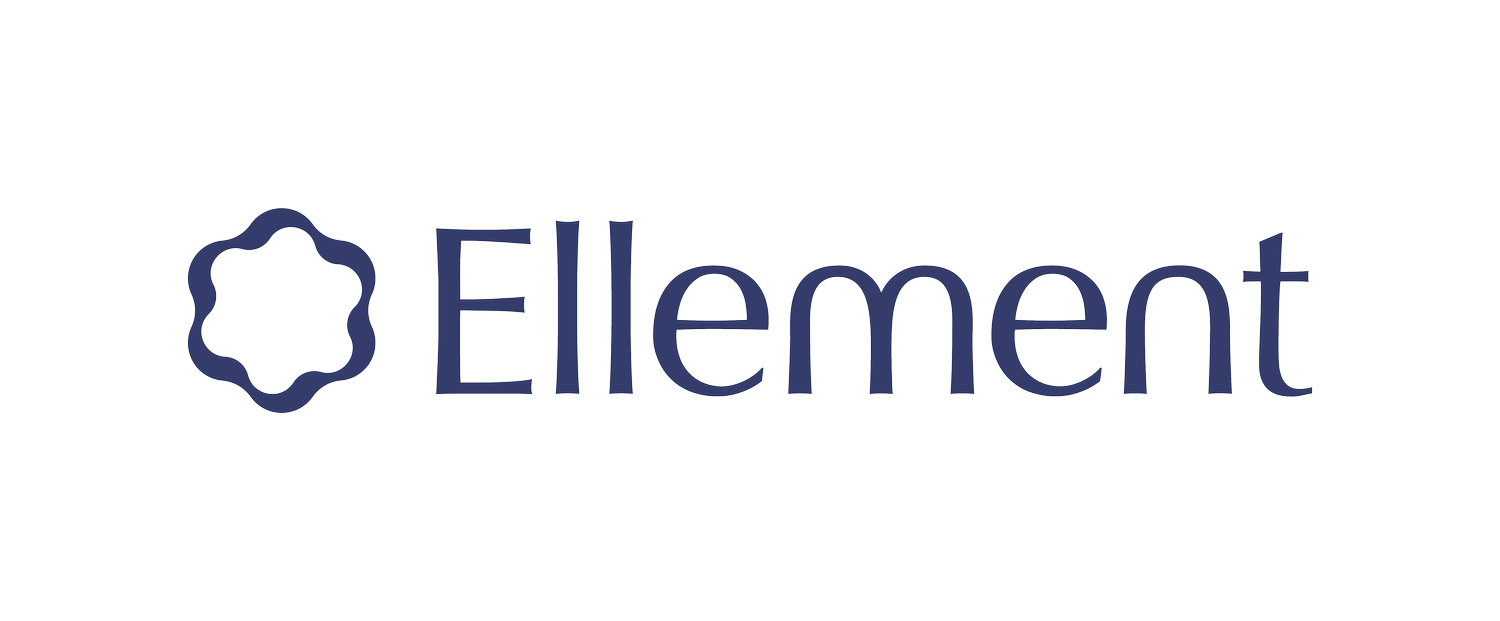Anemia affects 42% of pregnant individuals and 30% of non-pregnant women.
Source: Public Health Nutr. 2009 Apr.
Anemia FAQs
-
Anemia and iron deficiency are related but not identical. Anemia is a condition characterized by low red blood cell count or reduced hemoglobin levels, affecting oxygen transport. Iron deficiency is a common cause of anemia, resulting from insufficient iron levels that impact red blood cell and hemoglobin production. While iron deficiency often leads to anemia, not all anemia cases are solely due to iron deficiency as other factors can contribute.
-
The overall iron requirement during pregnancy is significantly higher than in the non-pregnant state, serving various purposes such as expanding plasma volume, producing more red blood cells, supporting fetal-placental growth, and compensating for iron loss at delivery. The iron demand in pregnant women varies during gestation with a trend toward higher need in the third trimester.
At the beginning of pregnancy, approximately 40% of women show low or absent iron stores, and up to 90% of women have iron reserves of an insufficient amount to support the increased iron needs (Source: PMID: 32953141). Anemia during pregnancy, if left untreated, can have substantial implications for both maternal and fetal health.
-
Common symptoms of anemia during pregnancy include fatigue, weakness, dizziness, shortness of breath, rapid heartbeat, pale skin, and difficulty concentrating. Other signs may include pica cravings and reduced tolerance for physical activity. If you suspect anemia, consult your healthcare provider for diagnosis and treatment.
-
Anemia during pregnancy can have various adverse effects on the mother's health. In addition to fatigue and weakness, it can lead to reduced thermoregulation, poor concentration, and decreased working capacity. Anemia can also impact maternal breast milk production and deplete iron stores during the postpartum period. Mothers with anemia are at a higher risk of postpartum depression. Moreover, anemia increases the susceptibility to infections, cardiovascular insufficiency, eclampsia, and the risk of hemorrhagic shock or the need for blood transfusion in cases of heavy blood loss. The severity of anemia also correlates with the risk of maternal mortality. Prompt identification, treatment, and appropriate management of anemia are crucial to mitigate these health risks for pregnant individuals.
-
Anemia during pregnancy has significant health impacts on the baby. It increases the risks of low birth weight and preterm delivery, particularly when occurring in the early stages of pregnancy. Anemia can also lead to placental problems, stillbirth, infections, and low iron stores in newborns. Iron plays a crucial role in the development of the central nervous system, and its deficiency can result in poor cognitive, motor, and social-emotional development in children.
-
Anemia during pregnancy is typically treated through iron supplementation to replenish iron levels in the body. Your healthcare provider may recommend prenatal vitamins or standalone iron supplements. It's crucial to follow the prescribed dosage and take them regularly as directed. Consuming iron-rich foods such as lean meats, leafy greens, and fortified cereals can also support the treatment. In severe cases, when iron levels are significantly low, intravenous iron therapy may be considered. Regular monitoring of hemoglobin levels and close communication with your healthcare provider are essential for effective management of anemia during pregnancy.
How Does Ellement Approach Iron Supplementation for Iron Deficiency Anemia (IDA) During Pregnancy?
Changing dosage by trimester
Ellement customizes iron dosage in your daily packets based on your pregnancy stage. As you progress through each trimester, the amount of iron is incrementally adjusted to meet your changing needs. This personalized approach ensures you receive the right iron supplementation at each phase of your pregnancy. With Ellement, you can trust that your iron intake is precisely adjusted to support your health throughout your pregnancy journey.
Enhanced bioavailability
Ellement prioritizes optimal nutrient absorption by avoiding the combination of Iron and Calcium. Unlike other prenatal products that include these minerals together in the same capsule, hindering absorption, Ellement separates Iron and Calcium into different capsules taken at different times of the day. This approach allows for optimized absorption of both nutrients. In addition, Ellement utilizes Ferrous Bisglycinate, a highly bioavailable form of Iron, which enhances the effectiveness of Iron supplementation.
Improving adherence
Ellement supports adherence to Iron supplementation by addressing common side effects such as nausea and constipation. By separating Iron from other ingredients, Ellement enables dosage adjustments to minimize digestive discomfort. This approach ensures individuals can more easily adhere to their Iron supplementation regimen. Ellement is designed to optimize both the effectiveness and tolerability of Iron supplements.
Video Testimonial
"I'm anemic and my doctor has recommended that I take Iron every other day and it's already incorporated into my packs… Give it a try. They are very thoughtful vitamins."
- Dr. Elizabeth Chen, DO
@ScrubsAndRuffles
Learn More



